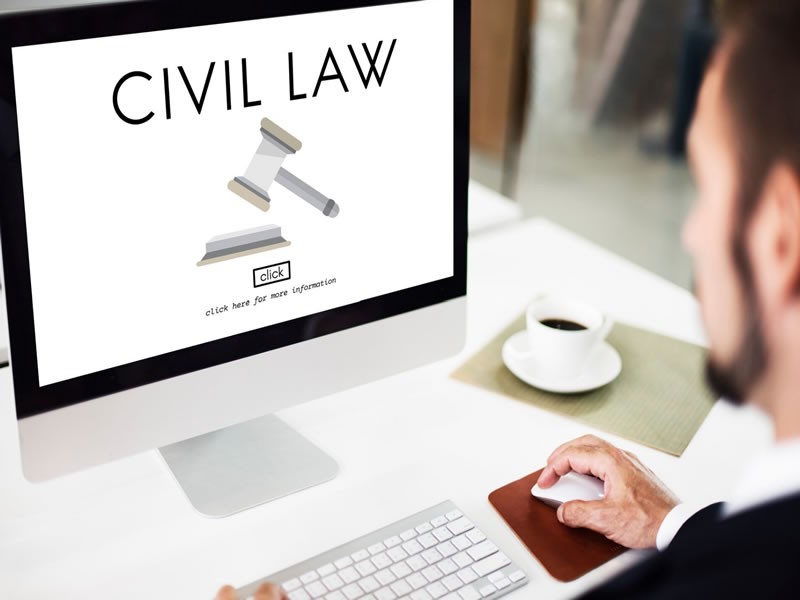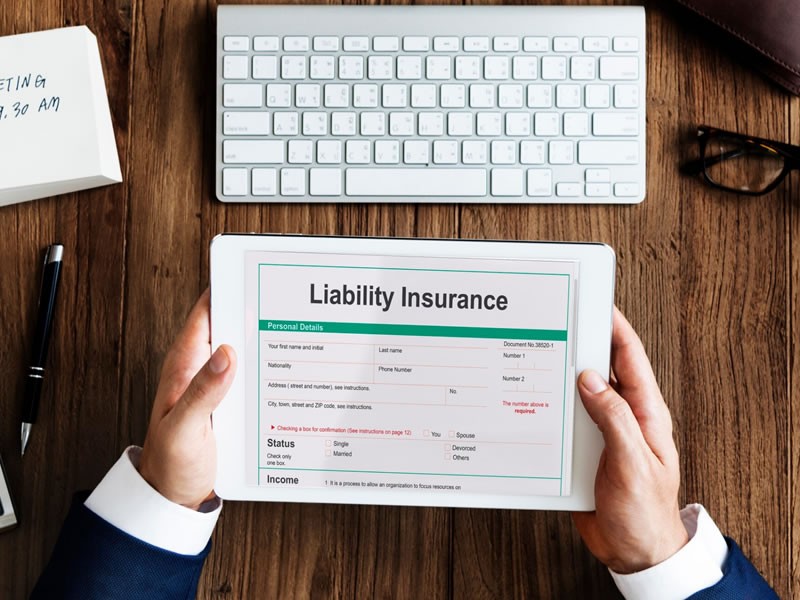Insight Blog
Agility’s perspectives on transforming the employee's experience throughout remote transformation using connected enterprise tools.
5 minutes reading time
(1030 words)
What Is Employee Benefits Liability Coverage and Why Do You Need It?
Let's take a closer look at employee benefits liability coverage, what it entails, why you need it, and scenarios where its absence costs the business.
Employee benefits liability — the liability of a business for a mistake in their employee benefit program — does not merely affect the company's HR but is critical for the continued and smooth running of the entire business.
Human error is inevitable, no matter how competent your human resources team may be. Hence, having an umbrella insurance coverage in place to take care of any errors or omissions that might happen during an employee's onboarding is very important.
This type of insurance is usually sold as a standalone policy and is usually the least expensive.
Let's take a closer look at employee benefits liability coverage, what it entails, why you need it, and scenarios where its absence costs the business.
Understanding Employee Benefits Liability Coverage
There are several scenarios where your team can make mistakes or omissions in the way they administer the employee benefit plans in your firm, despite training and supervision. The errors can include incidents such as not enrolling, maintaining, or terminating employees in a plan.
Mistakes could also entail incorrectly outlining and explaining benefit plans to employees or skipping over eligibility rules.
And as Pulpstream mentions, mistakes resulting in employee benefits liability can also happen when adding or removing beneficiaries from benefits plans. Pulpstream is a firm with experience in delivering businesses with a low-code application development platform and cloud-native solutions, so you may want to check them out.
Employee benefits liability (EBL) insurance coverage protects the business from these mistakes and omissions. It can cover life insurance, dental and health benefits, vision and mental health insurance, pension and retirement plans, profit-sharing plans, and employee stock plans.
It also includes disability insurance and workers' compensation.
EBL insurance can also be used to cover maternity leave, social security benefits, unemployment benefits, 401(k), and vacation benefits.
EBL Scenarios and Why You Need Coverage
It is human to err. And the hard-working employees in human resources are no exception to that rule. Filling out health and insurance plans is usually a complex process that can entail tons of paperwork and lots of taking down and filling information.
Seeing how complicated and elaborate the process can get, it is a little more understandable how and why the odd mistake might occur.
There are several situations where the absence of EBL coverage can cause huge financial losses to the firm. Let's take a look at few of these scenarios:
●An HR team-member in a firm is busy and inadvertently forgets to enrol a new employee in the firm's health insurance plan. Now, if the new team-member were to unfortunately be involved in an accident and discover they were without insurance due to the firm's error, not only might the new employee face severe emotional and physical issues due to this failure, but they could then decide to sue the firm to get compensated in a suitable way. EBL insurance puts a cap on the business's liability since it was an error and not deliberate.
●A firm recruits an employee. The employee fills out all forms properly enough. But before the information gets filed, it gets misplaced or lost, maybe because the firm is moving to another address and the office is in a bit of a chaotic mess. All goes well for a few months but then one day, the employee falls critically ill and discovers in the hospital that they are without insurance.
●A business recruits someone who decides to sue the firm for being 'wrongfully' labelled as an independent consultant. If the person claims to be a full-time worker eligible for health insurance under the Affordable Care Act (ACA), then the firm can still be protected from liability through the EBL coverage. This can only happen if the firm can prove that the mislabelling was not deliberate, and in fact, an error.
●An HR team-member misplaces files and cannot re-enrol an employee in the firm's group dental plan. A few months later, the employee needs to get an urgent dental issue resolved and are forced to pay for it themselves. They decide to sue the firm to be compensated.
●A contractor in a construction company gets injured while at work and cannot move or work for weeks. The firm's workers' compensation coverage can take care of some of their hospital costs and missed salary. But the contractor might conclude based on their experience that the amount is not nearly enough. The firm's EBL coverage helps cover the amount if the contractor decides to file a lawsuit.
●An older employee looks at their pension and decides it is enough to retire on. They retire only to realize the amount is much lower due an error by HR in calculating the employee's monthly salary estimate in their pension plan. The employee realizes they don't have enough to live on and sues the firm.
●HR does not explain to an employee that their spouse is also supposed to be covered under their health insurance. Later, the spouse needs hospitalization, and the employee is left with the hospital bills. The employee can sue as they were not correctly informed about their coverage.
Exclusions from EBL Coverage
Now that we have seen the various situations where the firm can be held liable but can be helped by their EBL coverage, let's take a quick look at some of the things not usually covered in an EBL policy.
●If an employee's 401k doesn't perform well, they cannot be compensated for it via the firm's EBL coverage.
●Dissatisfaction with the accepted salary range.
●Non-financial benefits.
●Fraud by the HR cannot be undone under this policy. Only genuine errors.
●Bodily injury and property damage (which could be covered under the firm's commercial general liability policy).
●The firm does not have adequate funds to compensate for premiums or pay for the employee benefit program.
●Criminal acts done on the firm's liability insurance.
Now that you understand how employee benefits liability coverage works, look into how you can implement it for your business. With the right kind of coverage, you can protect your firm from possible future claims and losses.
Categories
Blog
(2726)
Business Management
(333)
Employee Engagement
(213)
Digital Transformation
(185)
Growth
(124)
Intranets
(121)
Remote Work
(61)
Sales
(48)
Collaboration
(43)
Culture
(29)
Project management
(29)
Customer Experience
(26)
Knowledge Management
(21)
Leadership
(20)
Comparisons
(8)
News
(1)
Ready to learn more? 👍
One platform to optimize, manage and track all of your teams. Your new digital workplace is a click away. 🚀
Free for 14 days, no credit card required.














